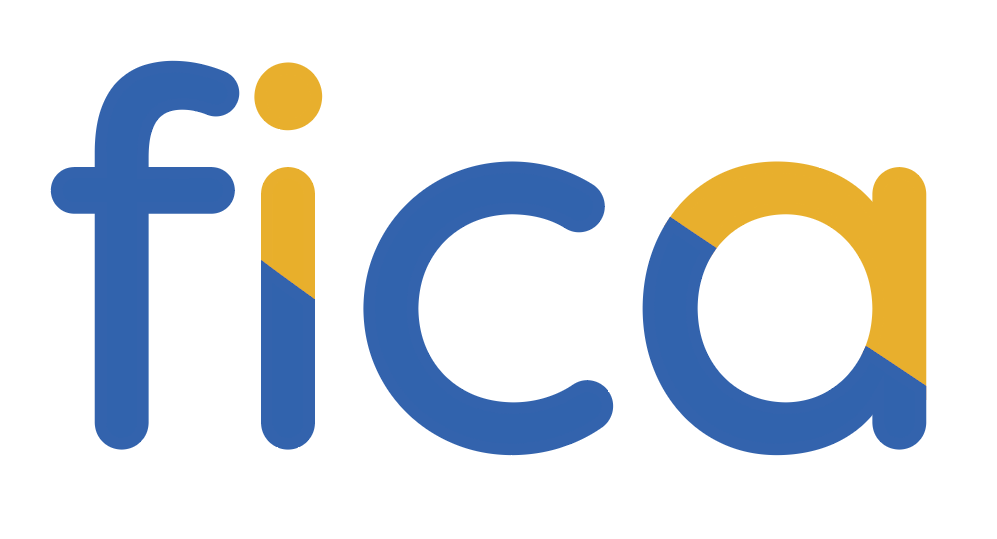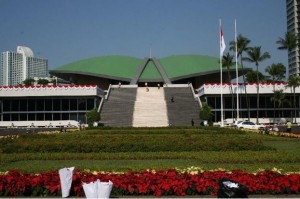Indonesia is in the era of restoration following the reformation and transformation eras. We are no longer debating about the constitution or rights. Instead we debate the optimum way to build mass transportation or to mitigate flooding. Since the people can elect their representatives and governors, the elected officials have to earn the vote beyond bribe and through hard work. All the systems we are enjoying now had not become the law of the land and were still debated back in early 2000.
In late 2002, FICA initiated the 3rd Discovery Trip (DT) to understand the thinking of the key intellectuals engaged in the debate of civil society concept. We visited three institutions: the parliament (DPR), universities and think tank, and religious institutions. By this time, we had already had a few friends within Muslim and Christian communities in Indonesia. However, we had not really grasped their short term focus to mitigate the messiness of the Indonesia reformation process. We had no clue on how the universities and think tank would influence the process as well as how the amendment efforts of the 1945 constitution would progress.
We were struggling with the preparation of this DT. We found that a lot of our met parties were not available due to vacation. A lot of the interview questions were needed to be adjusted because of the lack of information about the organizations. However, our biggest struggle was during and after the interview. We realized that we did not have adequate understanding on civil society. Our understanding was nothing beyond what was written in news paper. We realized that our understanding was mudded with the emotions, assumptions, and personal beliefs of the journalists. Especially the emotion, most of what we read in the paper described the euphoria of the time rather than the basic facts of the worldview.
This particular DT made us realized the need for dialogue to reveal the worldview. We cannot label all Muslim are holding radical view and wanting to rid of all non-Muslim. We learned that our lack of capability to understand was resulted from our inability to listen. Rather than visiting the source, we resorted to get secondary information. We were not only not diligent but also selfish. We tried to think only about ourselves and disregard other interests.
God revealed to us that before we could participate in His work in Indonesia, we needed to actually care about the people. Before we could understand other’s worldview, we had to be caring enough to listen to their concerns. Their concerns became a task shared between us to resolve. We would see the issues differently. We could then separate between the emotion and facts. We could start to peel off others assumptions, beliefs, and prejudice. As result, the wall between us and them would be truly bridged when both understand their basic worldviews.

